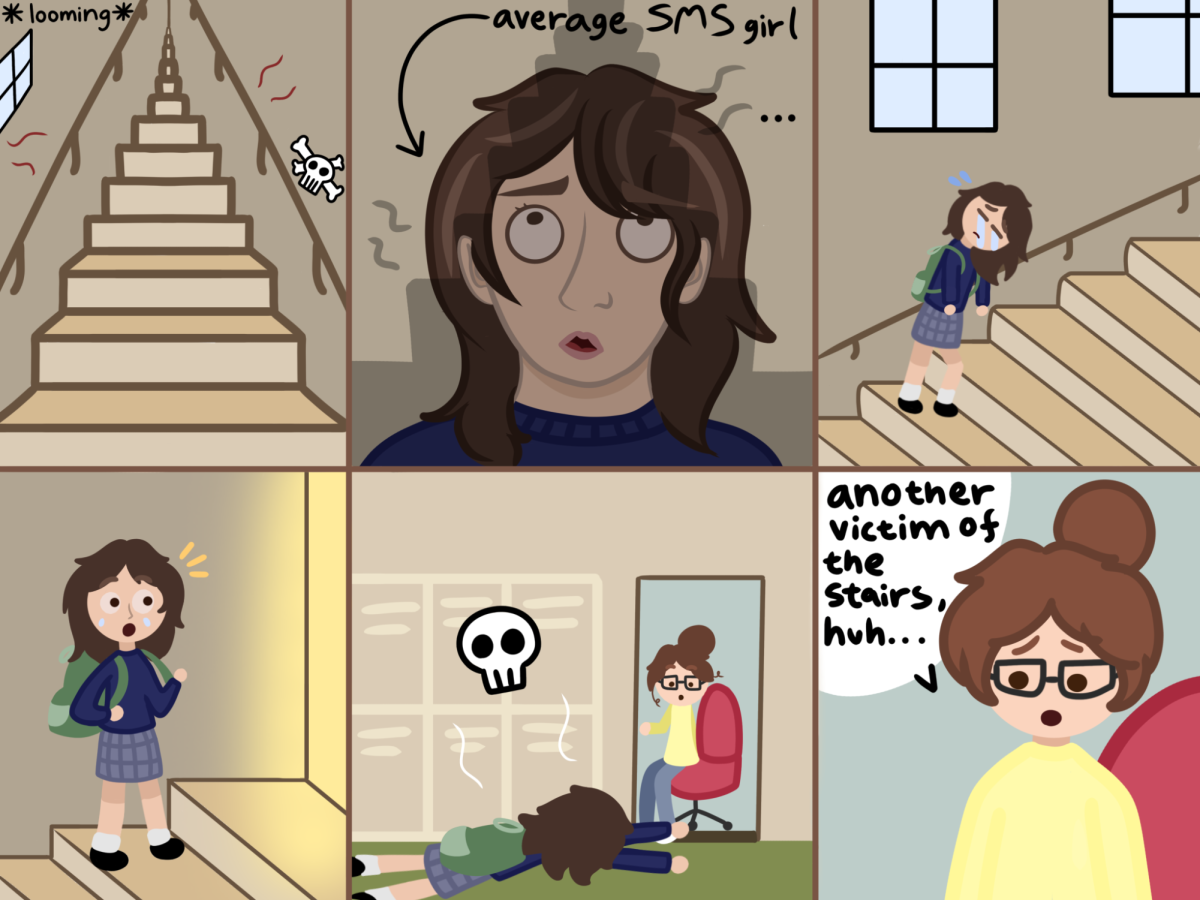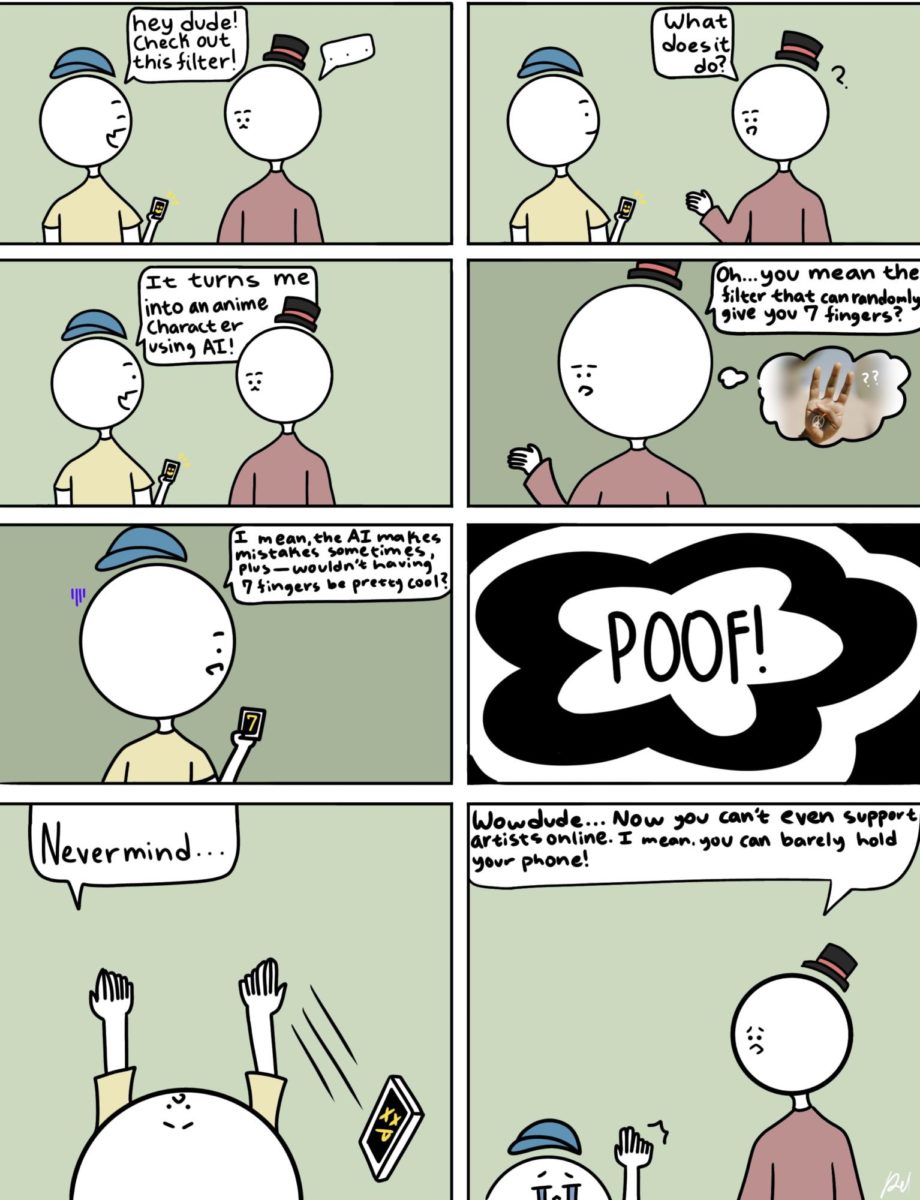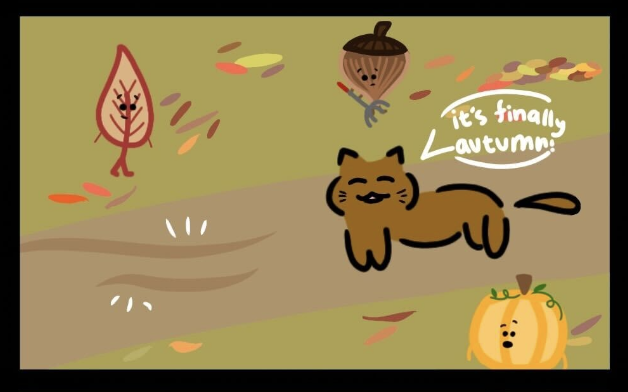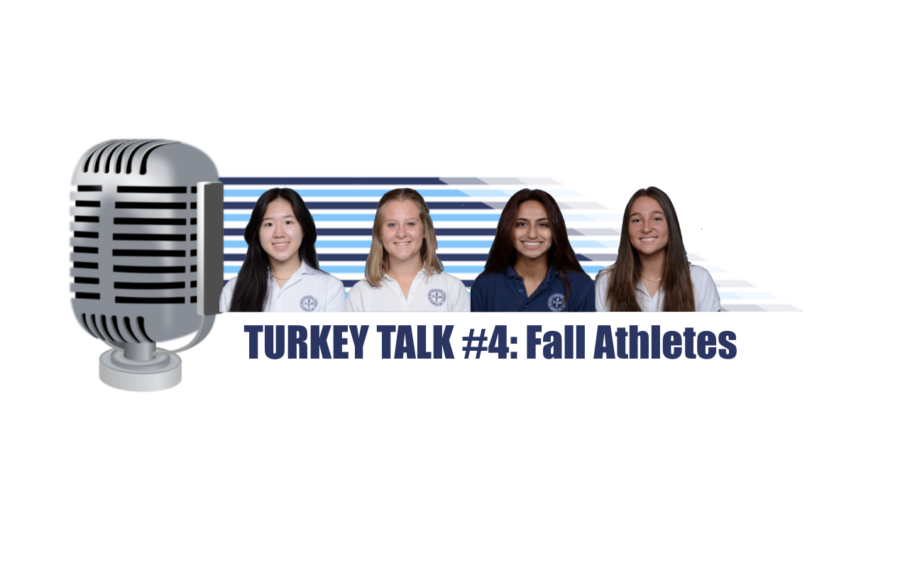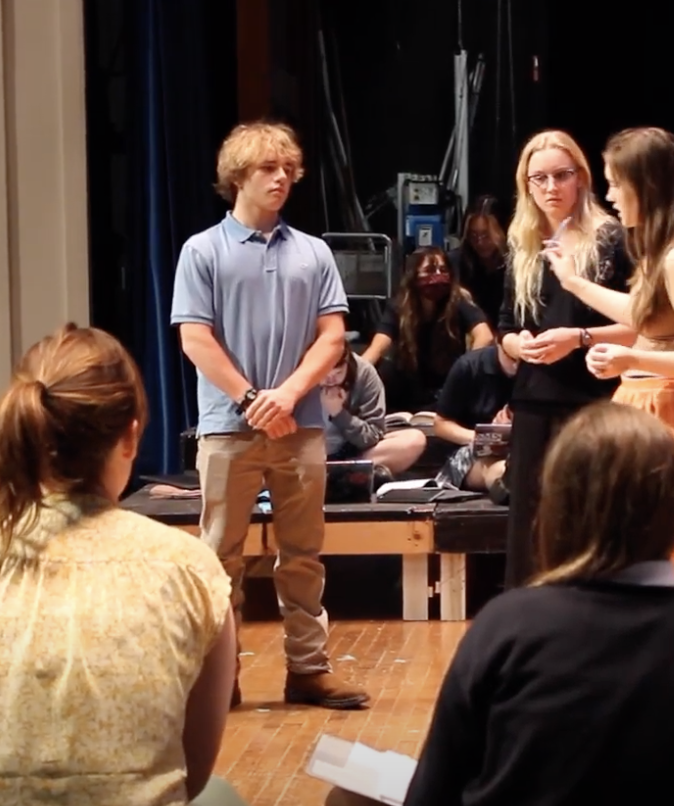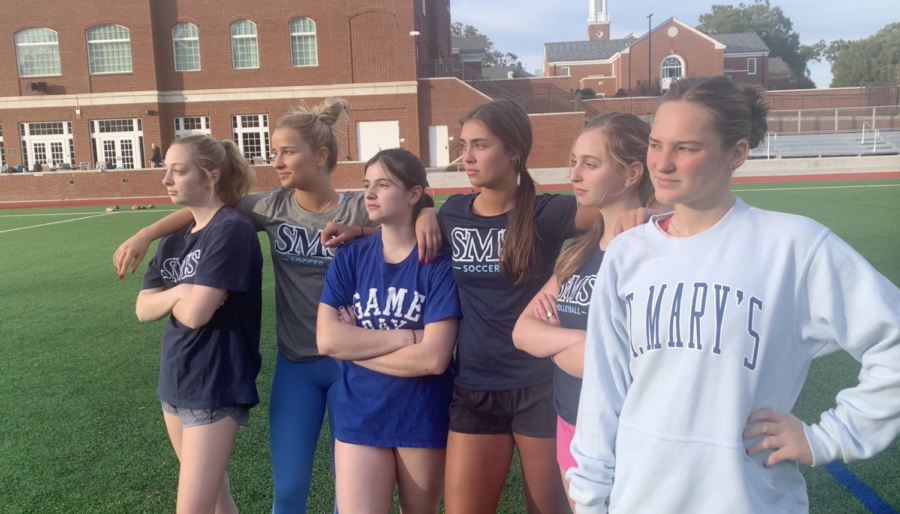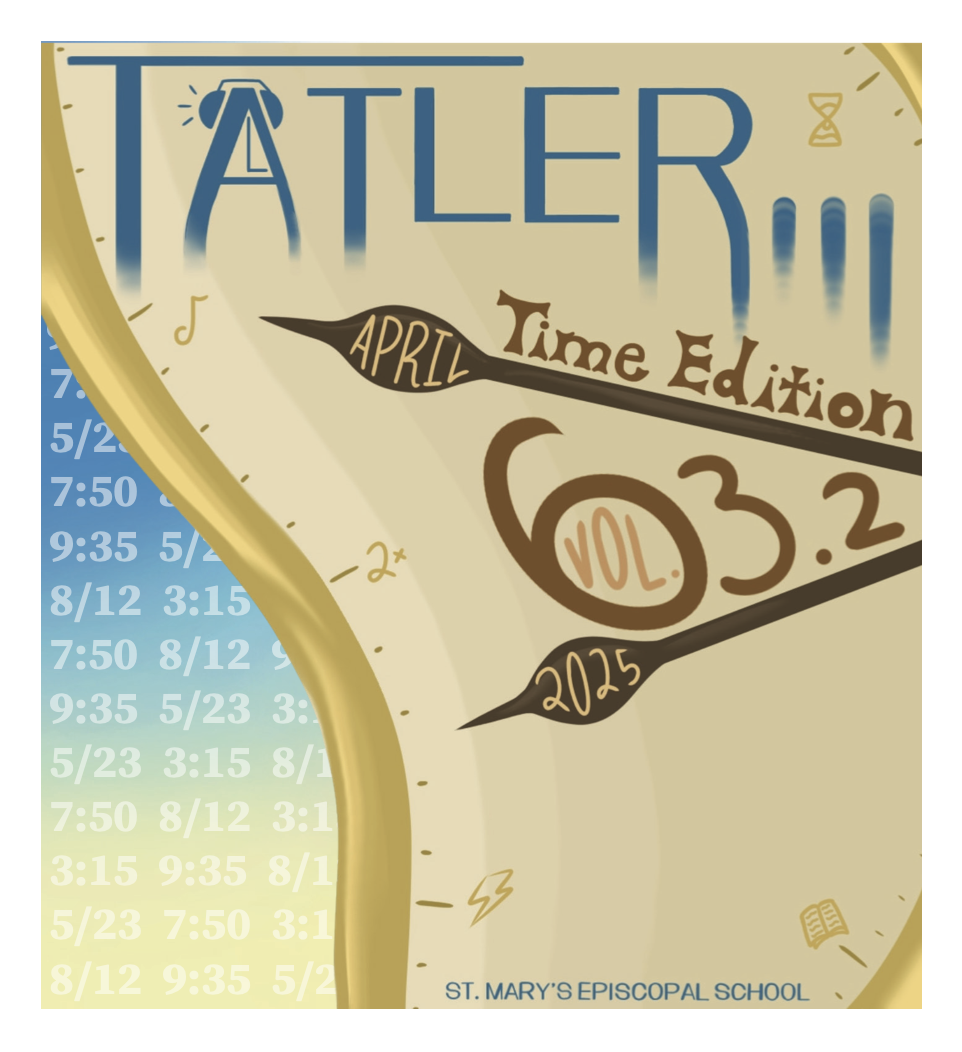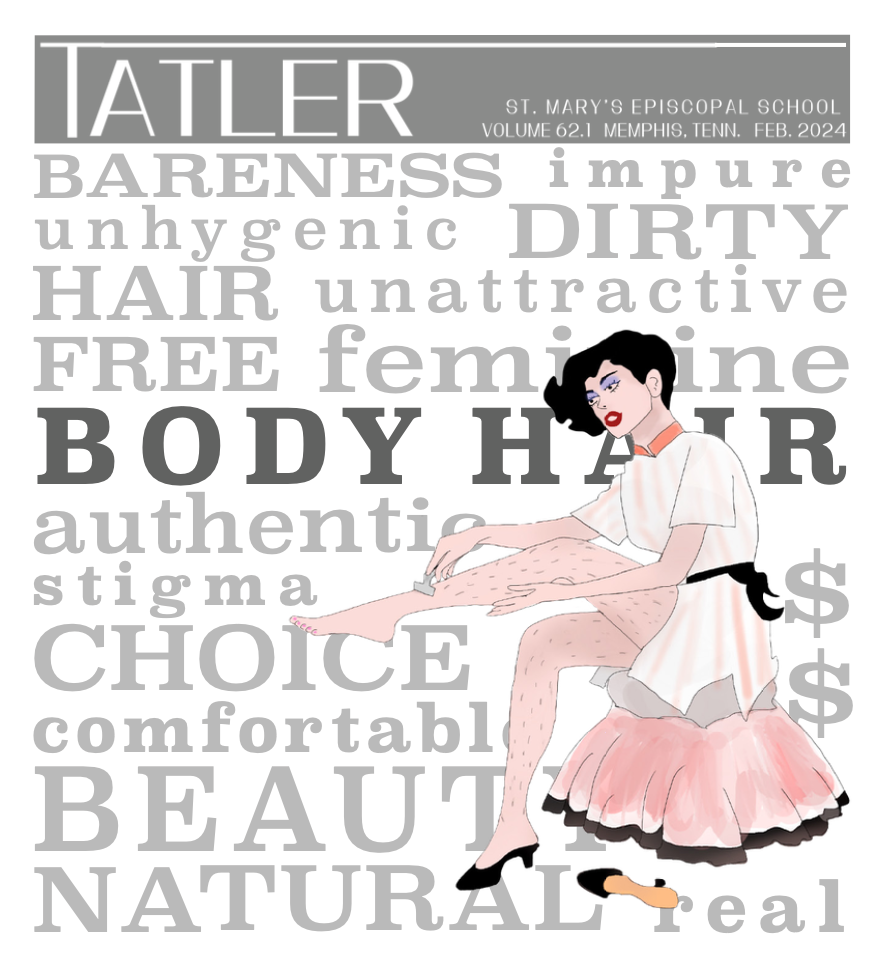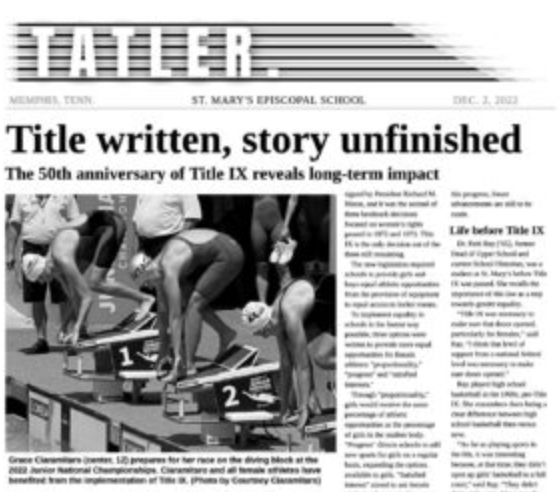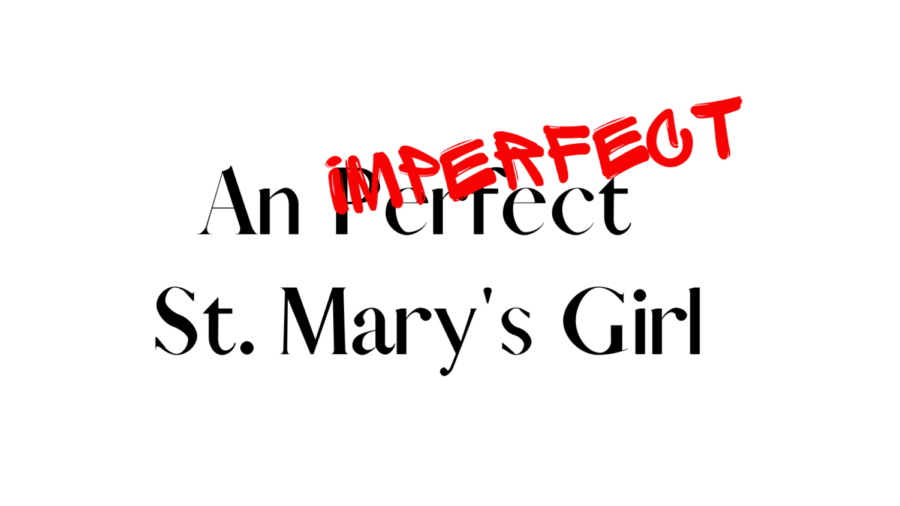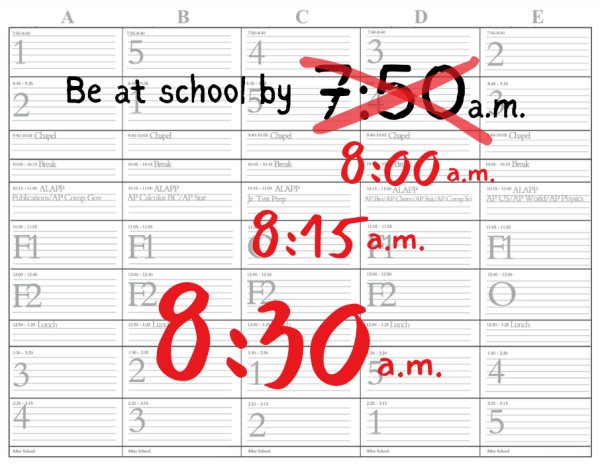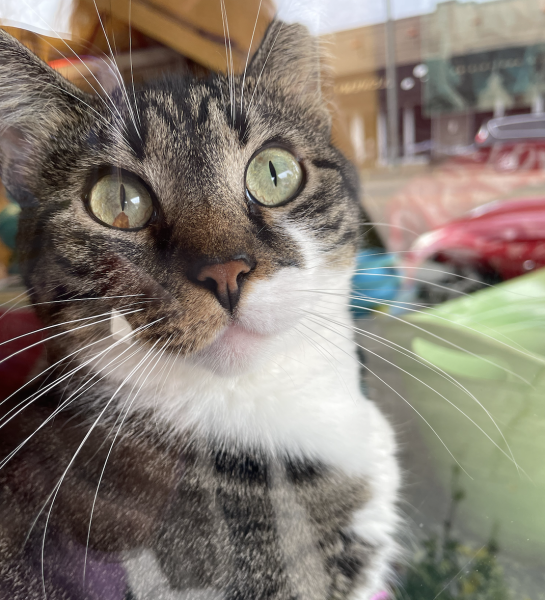An Imperfect St. Mary’s Girl
Breaking the grip of perfectionism may lead to happiness, Ellis Rougeou argues.
Think of the perfect “St. Mary’s girl.” Does she play at least one sport, preferably varsity? Is she taking at least three AP classes this semester? Does she volunteer in her free time? Is she doing Student Council, Mock Trial or a publication? Does she have an amazing group of friends and a lively social life?
I hate to break it to you, but, whoever that girl is, she is not perfect.
St. Mary’s girls strive for excellence. We strive for perfection. But why?
No matter how easy it is for us as students to point our fingers at the institution, the school isn’t at fault here. You can blame the world all you want – higher test scores, the constantly rising GPA scale, more competition to get into college – but at the end of the day, it’s our own fault. We get the privilege of going to a school that practically guarantees graduation and admittance to a college, usually of our choice. We create competition amongst ourselves. We are convinced that if we aren’t the best, we’re the worst.
That mindset can be so harmful, especially at our age.
We as St. Mary’s girls can recognize that our community encourages competitiveness, and it can often be overwhelming. Seeing many of our peers do a myriad of difficult activities and get impressive grades can be a hard situation to be in seven hours a day, five days a week. Whether the comparison is between a C and an A or an A-minus and an A-plus, it can easily become stressful and unhealthy to base our worth on a letter.
Comparing ourselves to others – whether it’s grades, scores or GPAs – can be harmful. These conversations often hurt others or make them uncomfortable. We as students need to be conscious of how our words and actions affect the people around us because we have the power to create a more considerate and less comparative environment.
Most importantly, identifying our motivators can help us make better, healthier decisions.
It is important to determine whether you feel forced to do something or if you actually want to. Ask yourself if you really feel pulled to be class president, take AP Chemistry or play club soccer, or if it’s pressure pushing you.
In my experience, juniors get a lot of conflicting and often overwhelming advice. We are told to work hard, do as well as we can academically and be dedicated to our extracurriculars. But, we are also told to enjoy this time while we can and to focus more on experiences than accomplishments. Just like everything in life, the solution is balance. It seems wrong to simplify such a scary undertaking to just that one word, but trust me, it is the key.
I couldn’t really write about perfectionism if I didn’t have experience with it.
I’ve never been the kind to “put myself out there.” I’ve never played sports or talked to many new people. I’ve always preferred to work hard, just a little bit under the radar, away from the scrutiny of human interaction.
More recently, though, I’ve struggled with the thought that everyone around me is doing so much more than I am and that I won’t be able to get into a college I want when this is the pool of people I’m being picked from.
This fear has driven me to try many new things I never would have considered had my motivation been different. I’ll be the first to recognize the importance of branching out of your comfort zone (because I hate it so much), but the only benefit of this for me was discovering what I didn’t like to do.
I found myself saying “yes” to almost every opportunity that came my way in hopes of finding other extracurriculars that would impress colleges.
I attempted (and failed) to participate in Youth in Government, ran for various offices (and lost), applied for a job (I did not get it) and tried my hardest to participate in every publication possible, without being an actual staff member.
Basically, I pushed myself to do things I never wanted to commit to in the first place instead of dedicating my time and energy to what I actually enjoyed.
So, at the end of 2022, which was a time of new beginnings in my life for many reasons, I started trying to do things I enjoyed, and it’s made a positive difference for me. I’ve been to many sports games, seen my friends outside of school more, gotten to know people I never would have otherwise, started going to the gym, co-founded Ginger Butter Baking Company (with the lovely and talented Virginia Skipworth) and started a Youtube channel.
As a result, I’ve learned to seize opportunities not because they will look good on a piece of paper, but because I really want to do them.
I feel much more in touch with myself now that I’ve discovered what I do and don’t like to do. When I started listening to what I felt pulled to do with my free time, I started being excited to start my days as myself, struggles and all.
I can’t say that I have no regrets, or that I’m never stressed about my transcript and college applications, but instead of using my time to beef up my resume, I’ve spent it trying to better myself, and I think that matters more.
It is important to realize that we aren’t perfect, and that that is a beautiful thing.
I’ll leave you with this. Here at St. Mary’s, we have to aim more for being our best rather than the best. We can’t judge ourselves in reference to others, but instead, in reference to ourselves. We need to be proud of personal improvement. We need to be secure in knowing we worked hard.
I think if we can accomplish that, it will open a new space for us to make mistakes, to learn and grow, to have fun and most importantly, to be happy.
Your donation will support the student journalists of St. Mary's Episcopal School. Your contribution will allow us to purchase equipment and cover our annual website hosting costs.
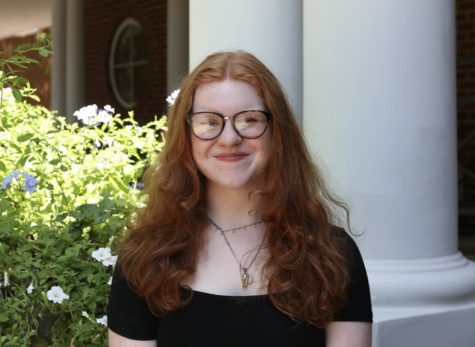
This is junior Ellis Rougeou’s third year being an artist on Tatler. She is a fiery ginger who rocks a pair of glasses that at one point split in half...
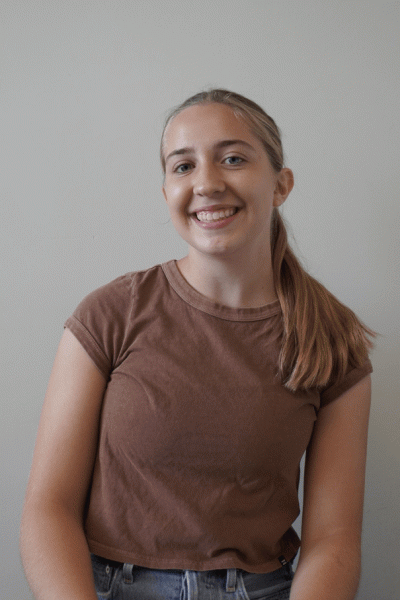
Senior Wallis Rogin is a passionate writer thrilled to kick off her fourth year on Tatler as Editor-in-Chief. This summer, Wallis studied at the Medill-Northwestern...


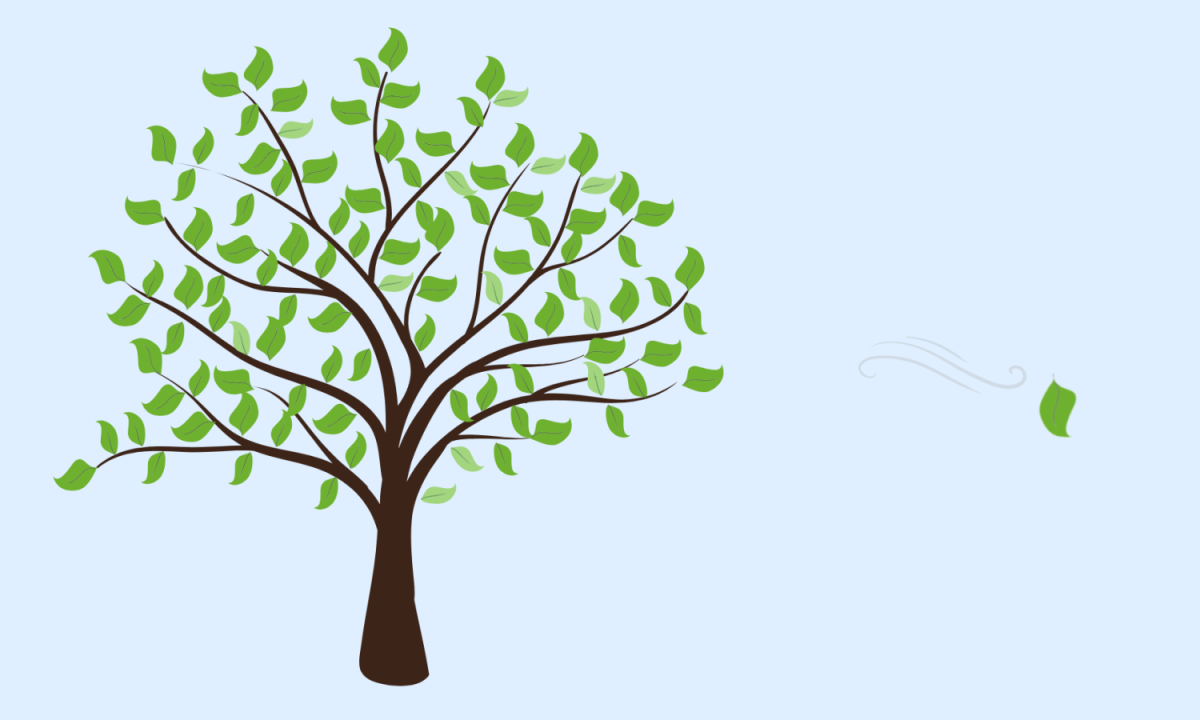
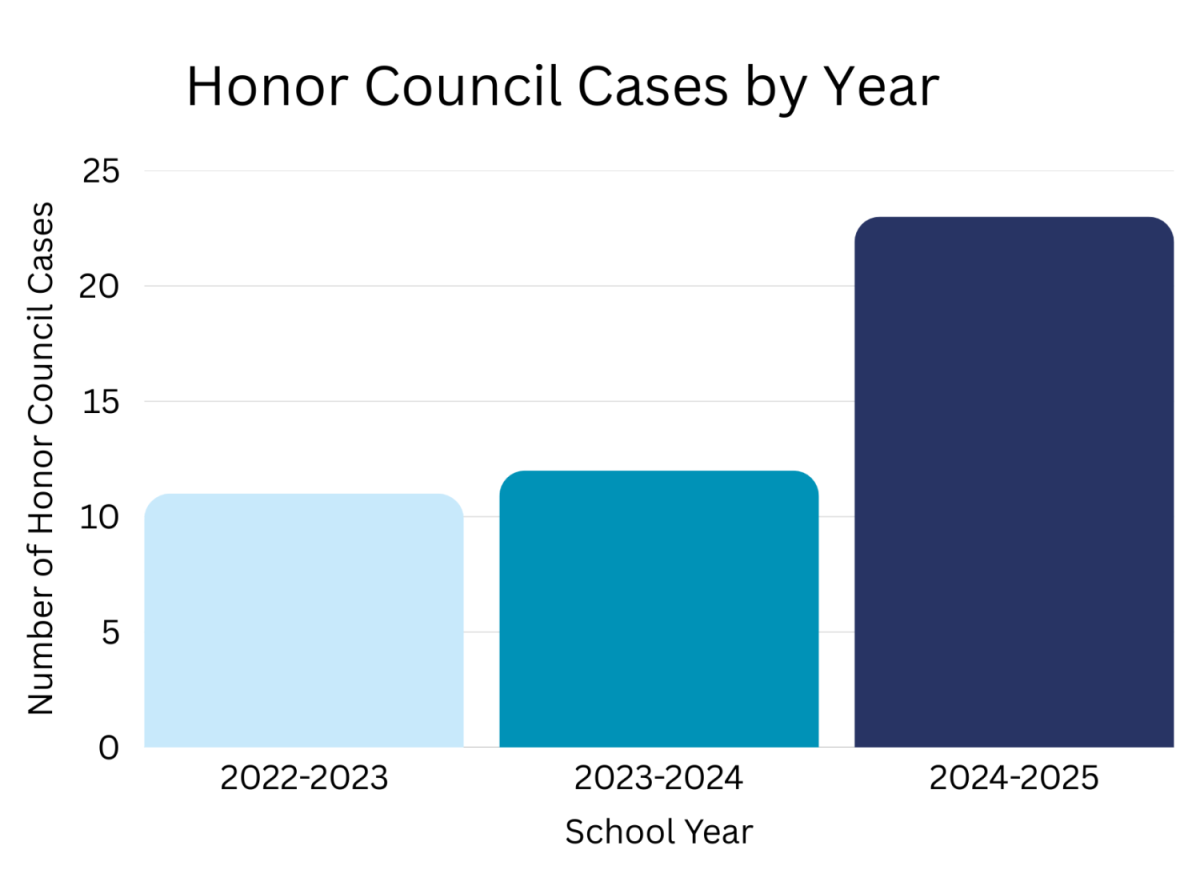
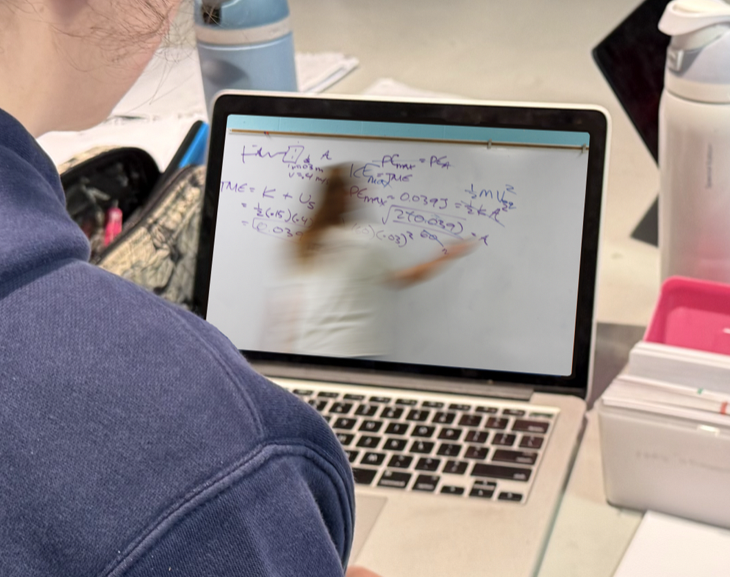




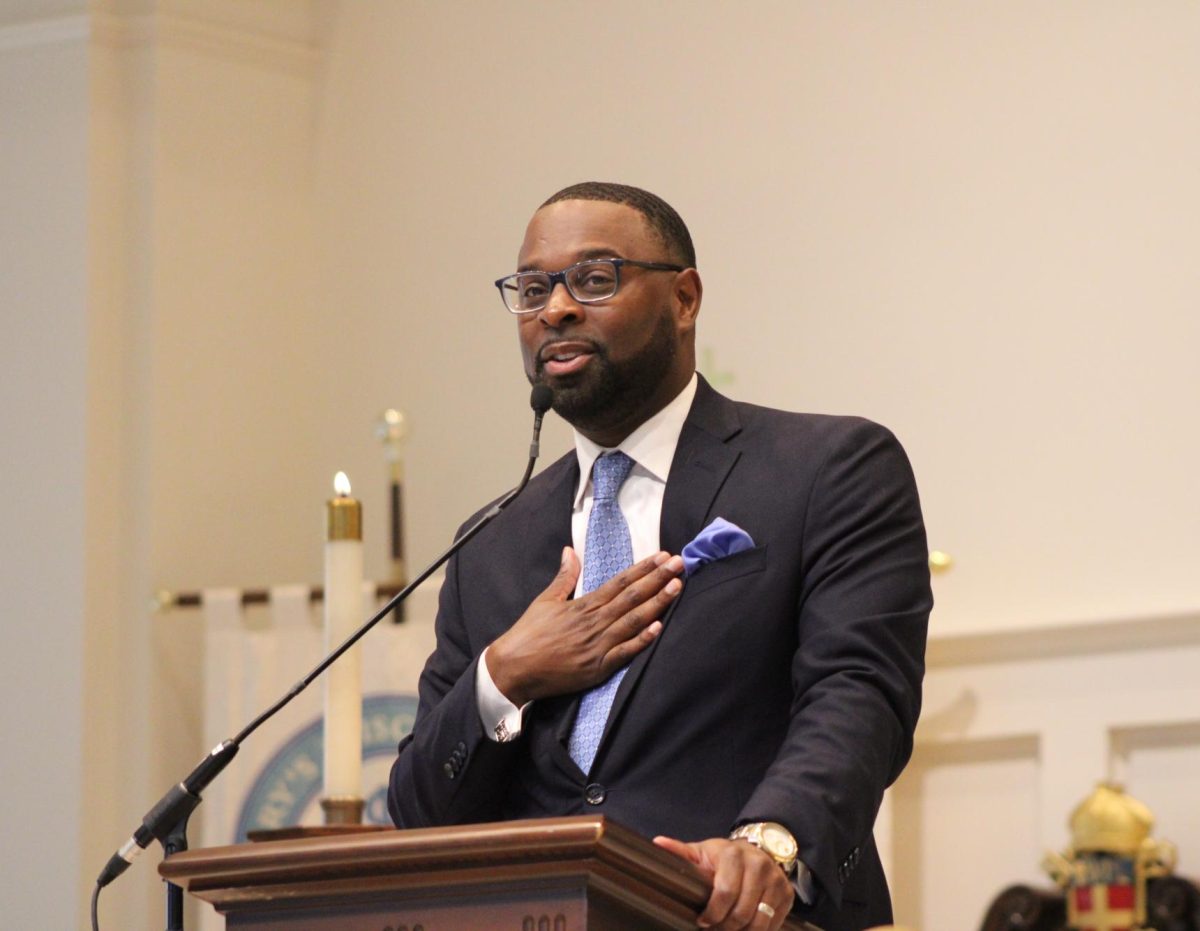
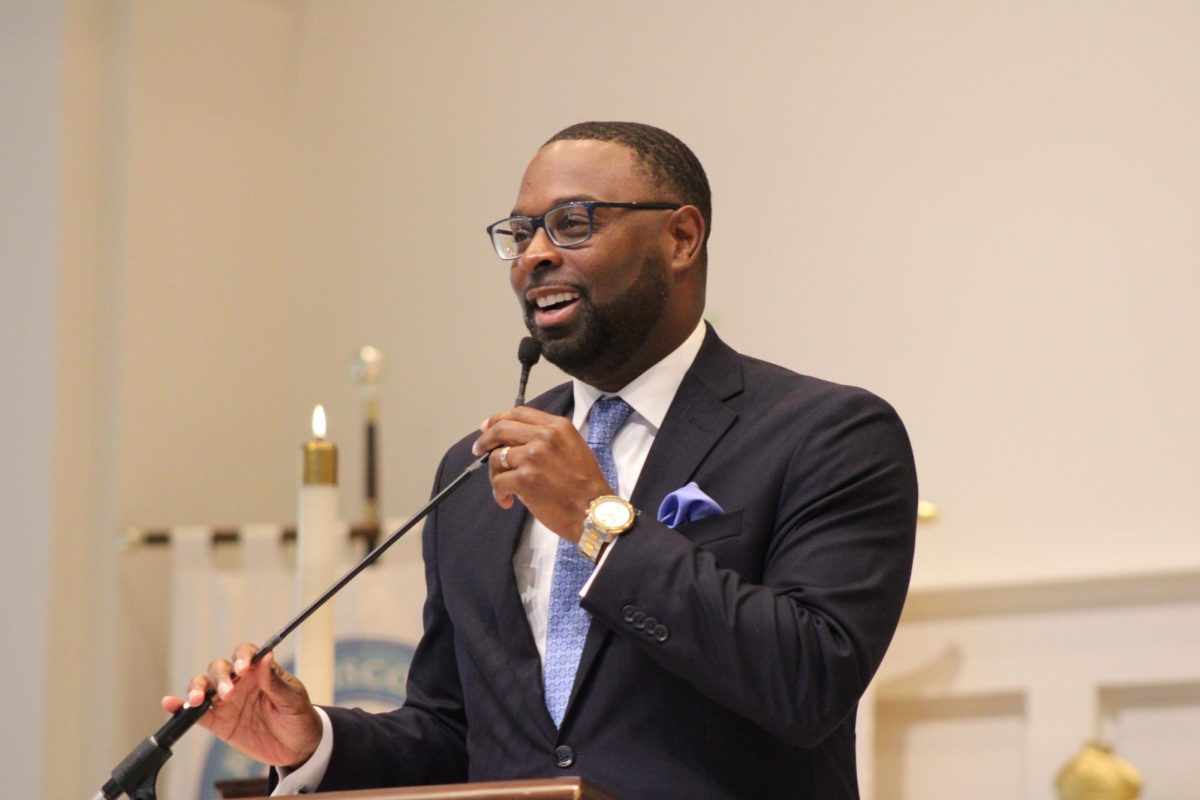
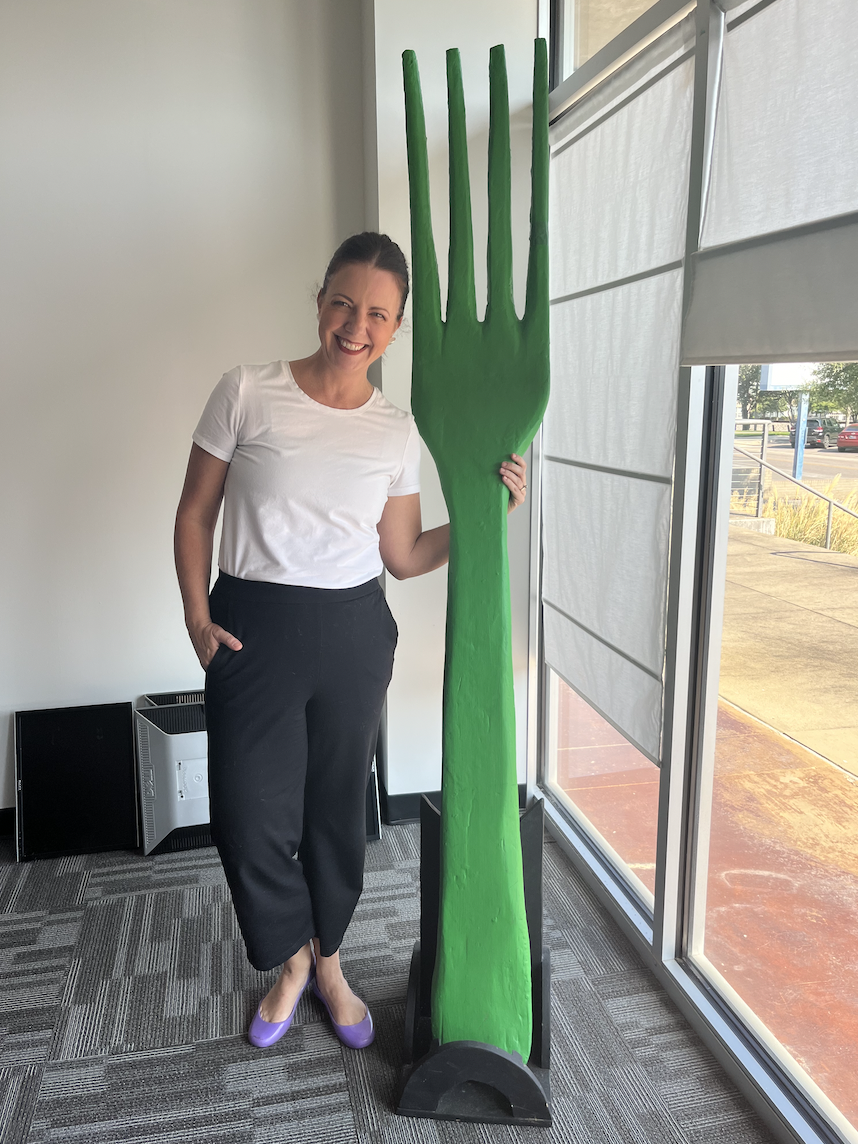
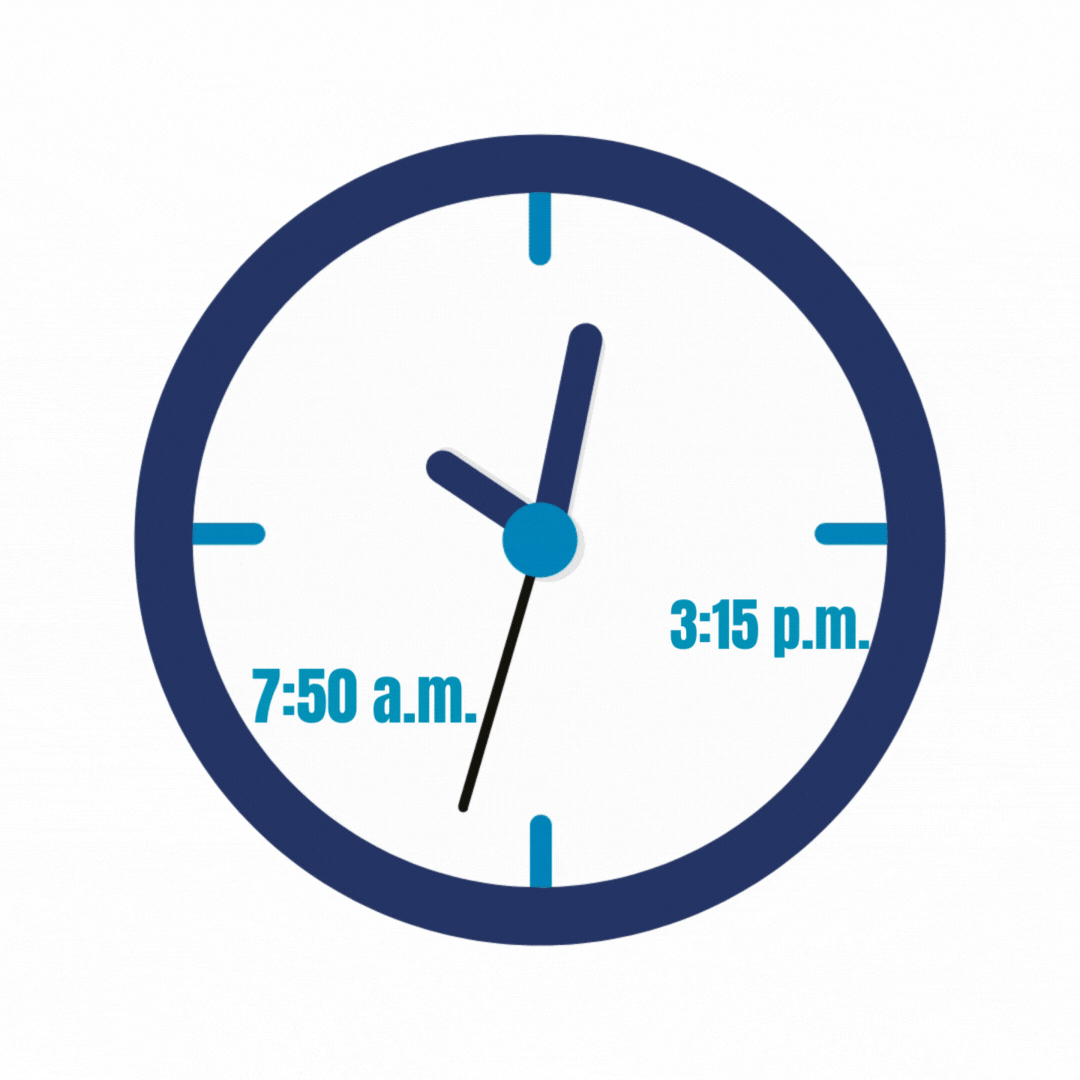
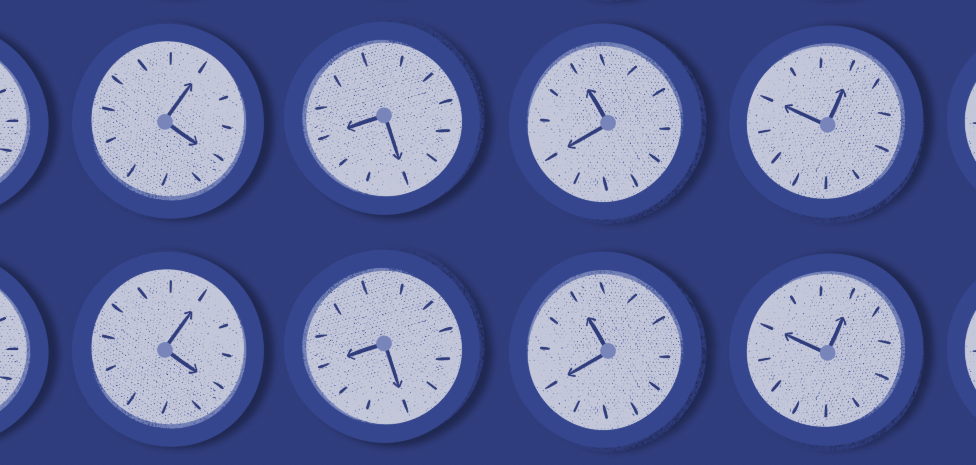


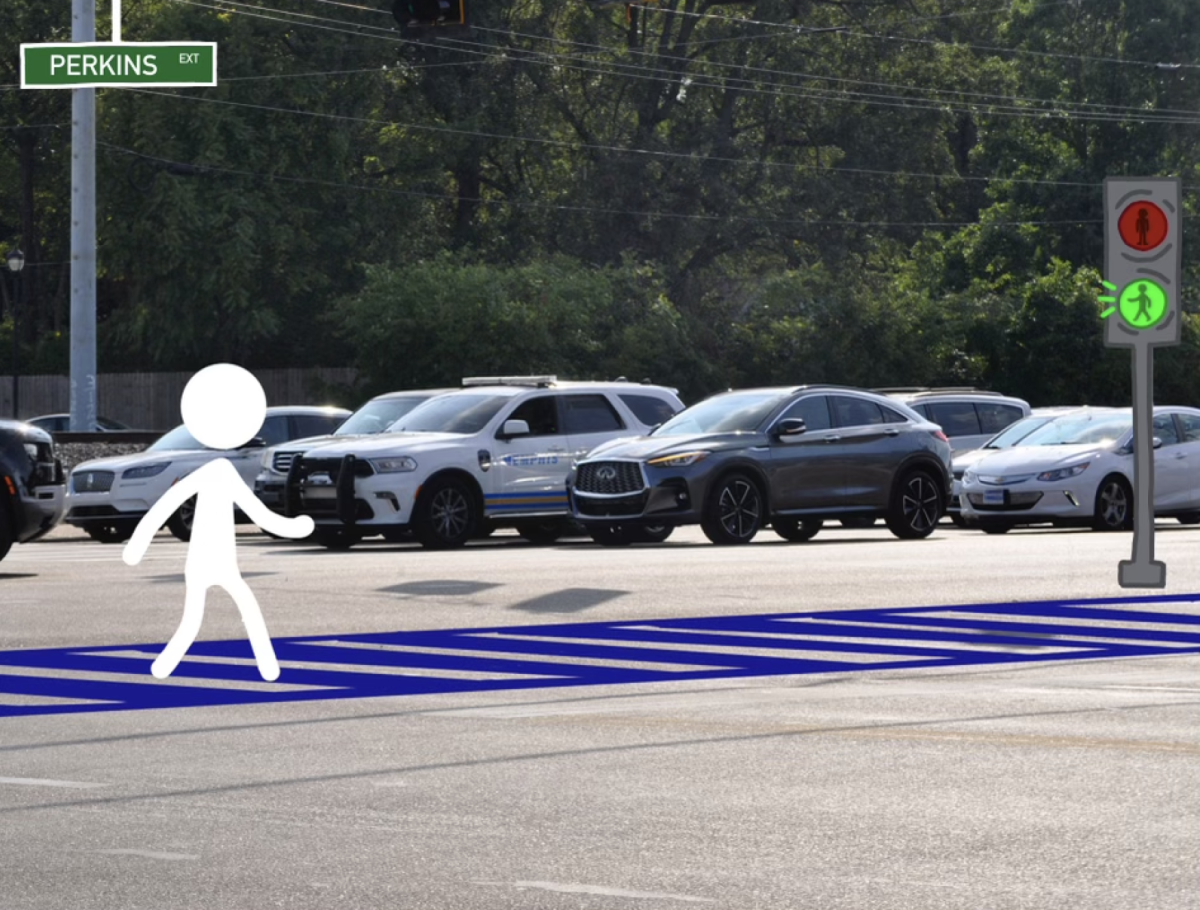
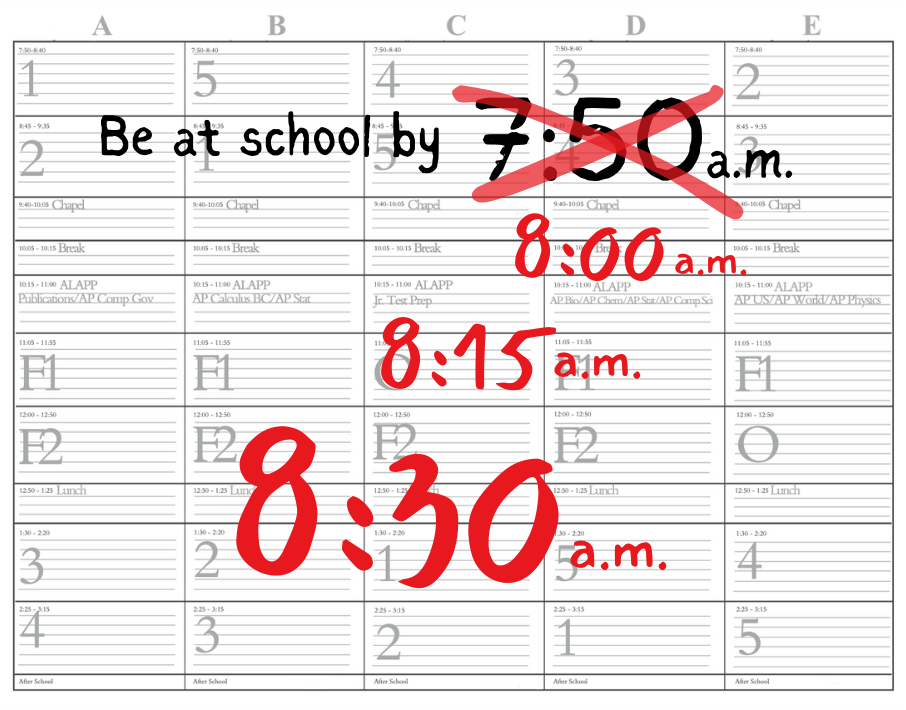
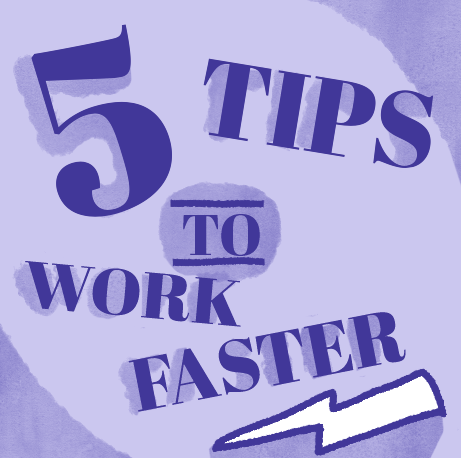
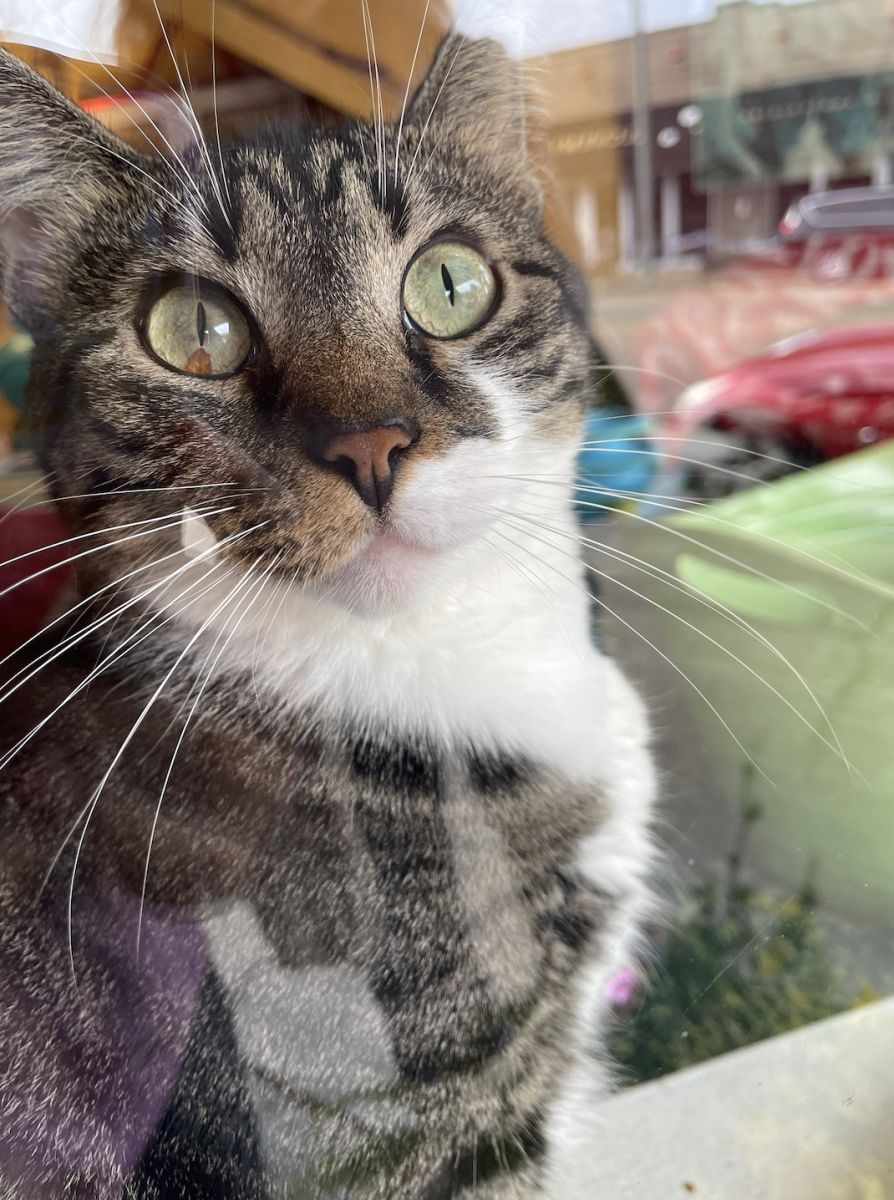


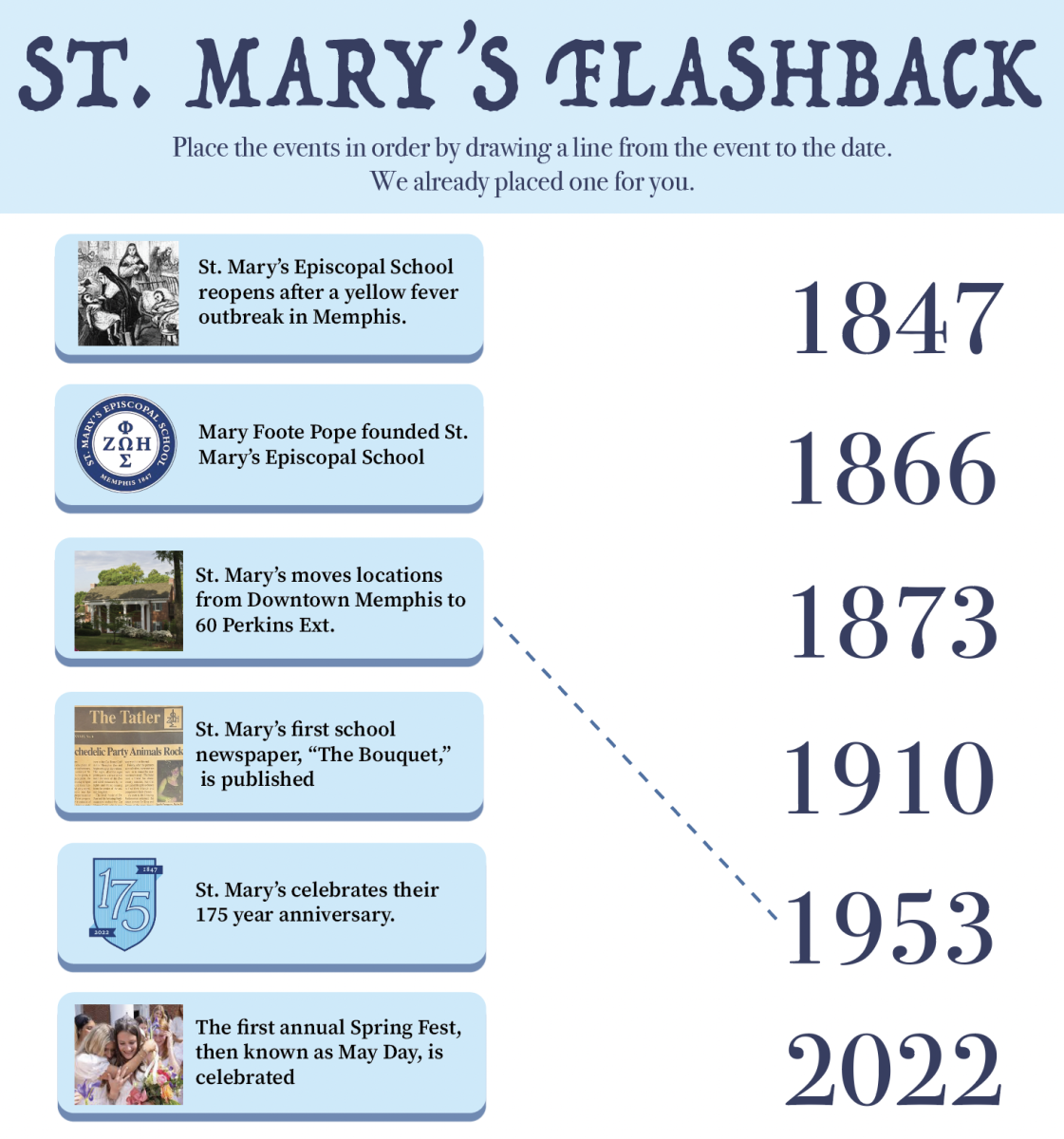

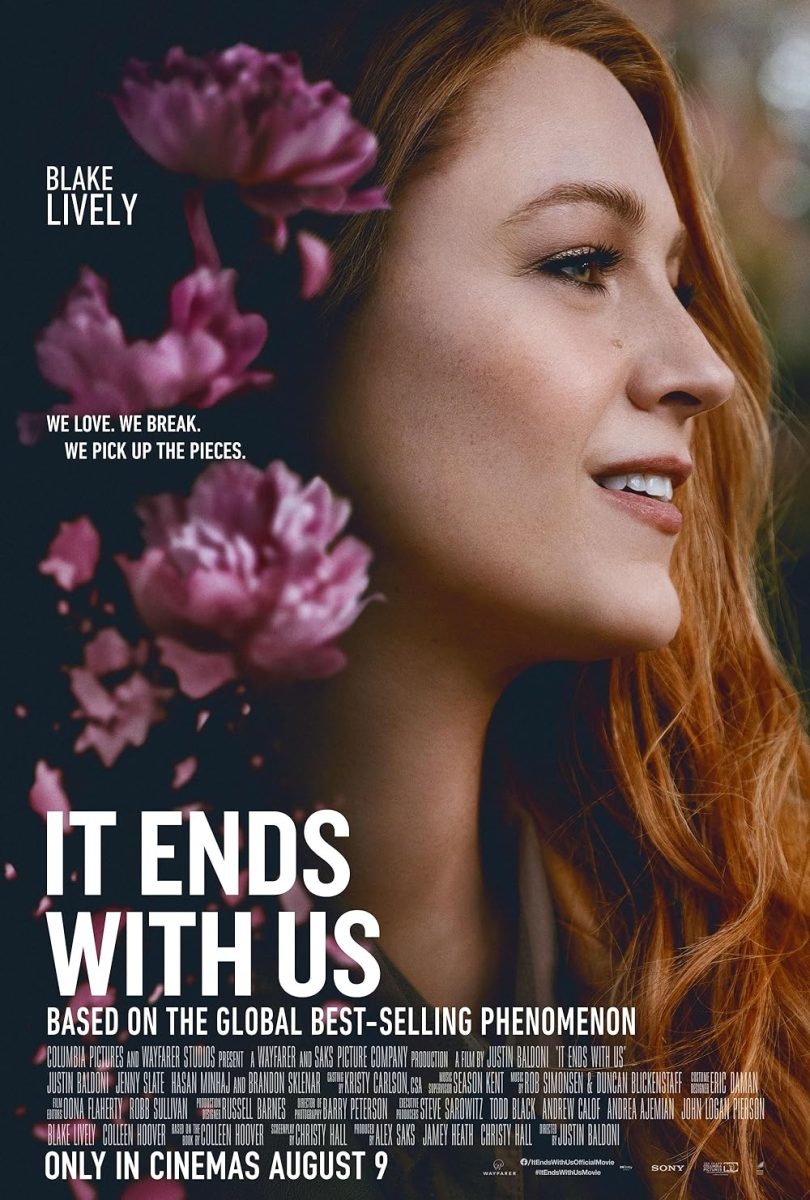

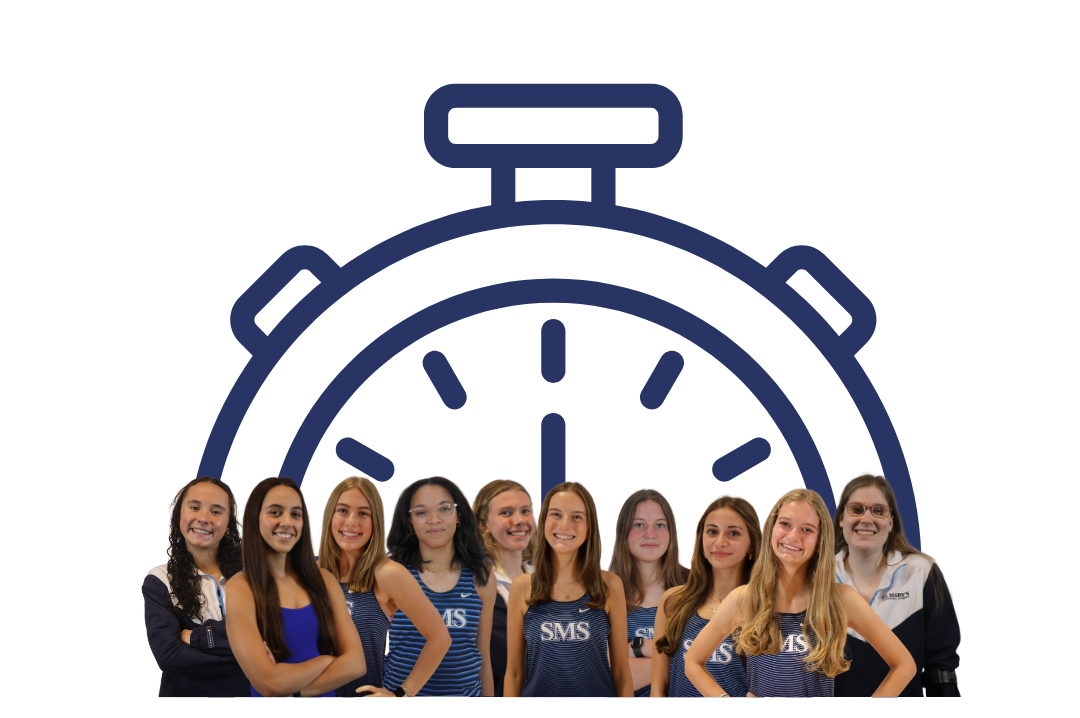
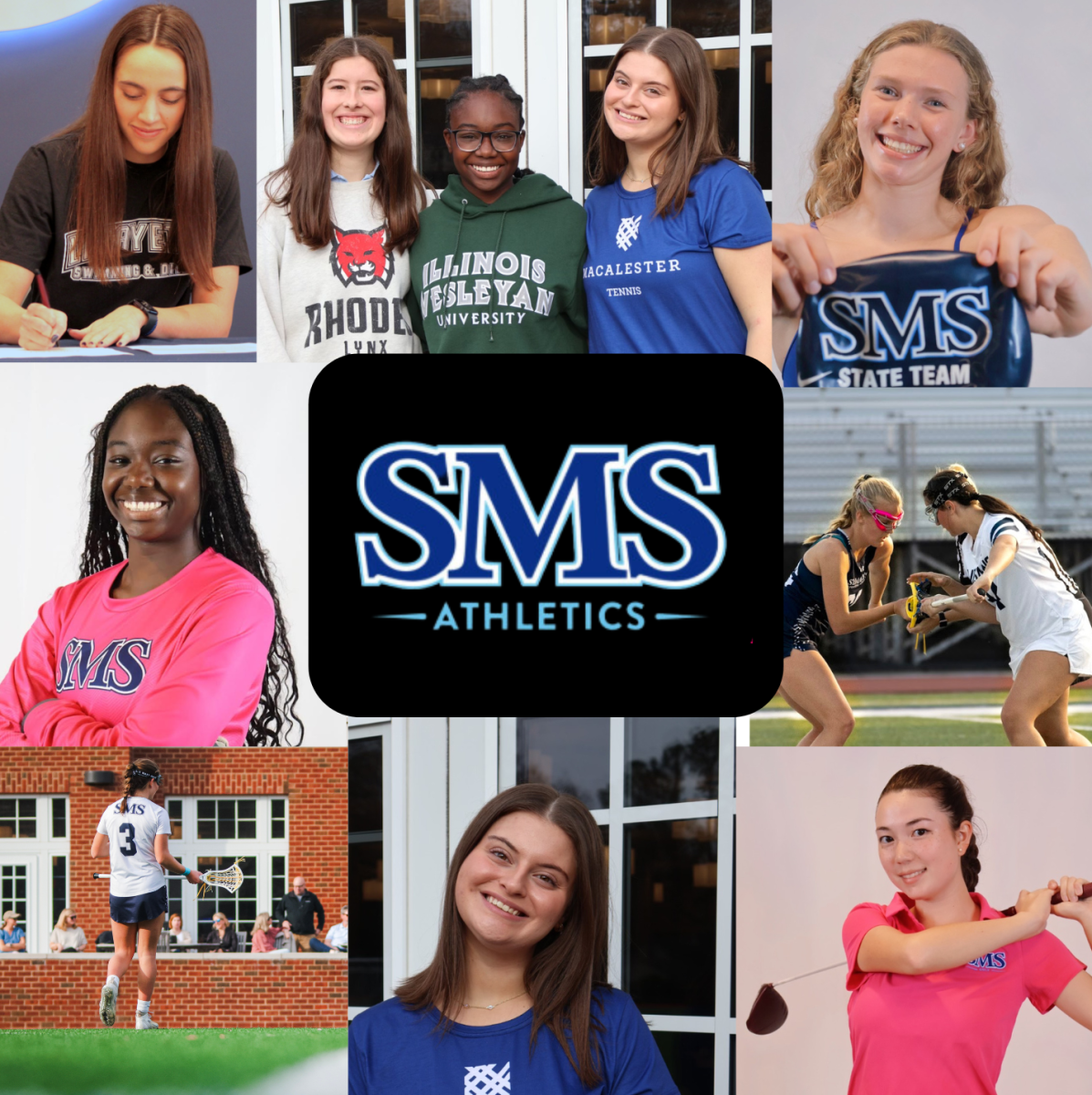
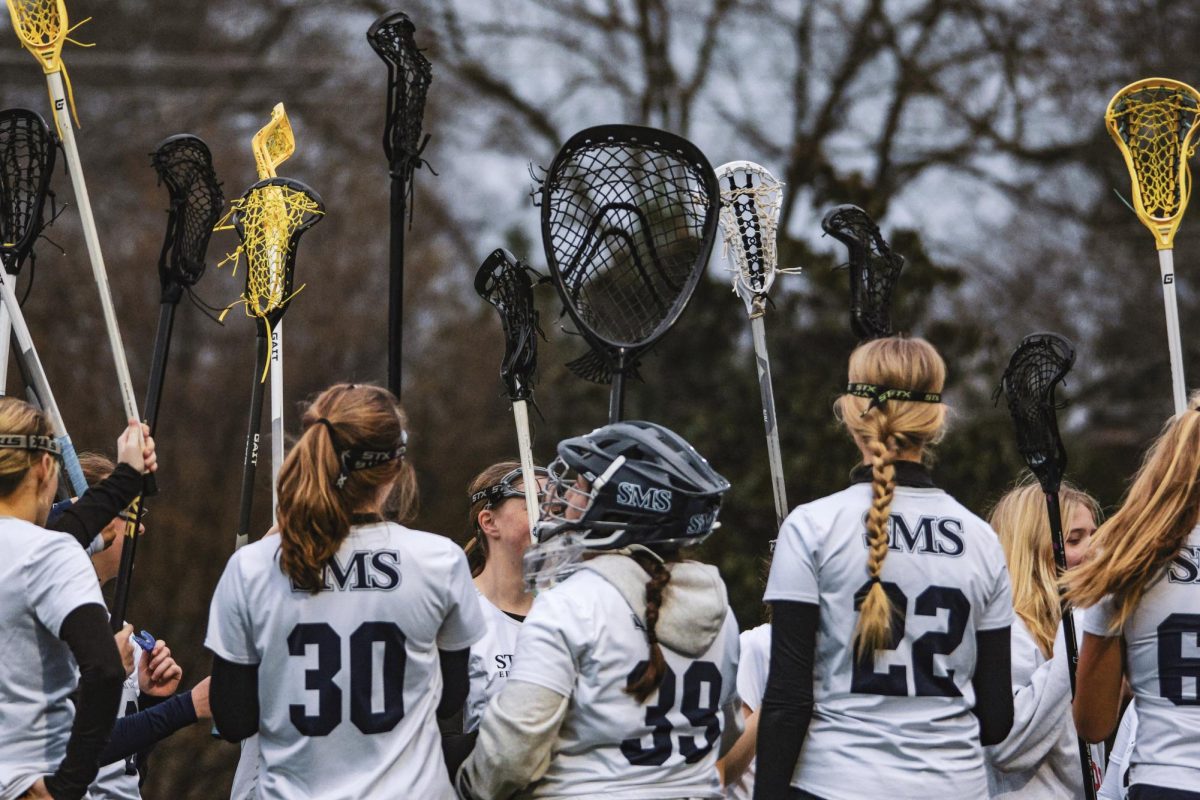
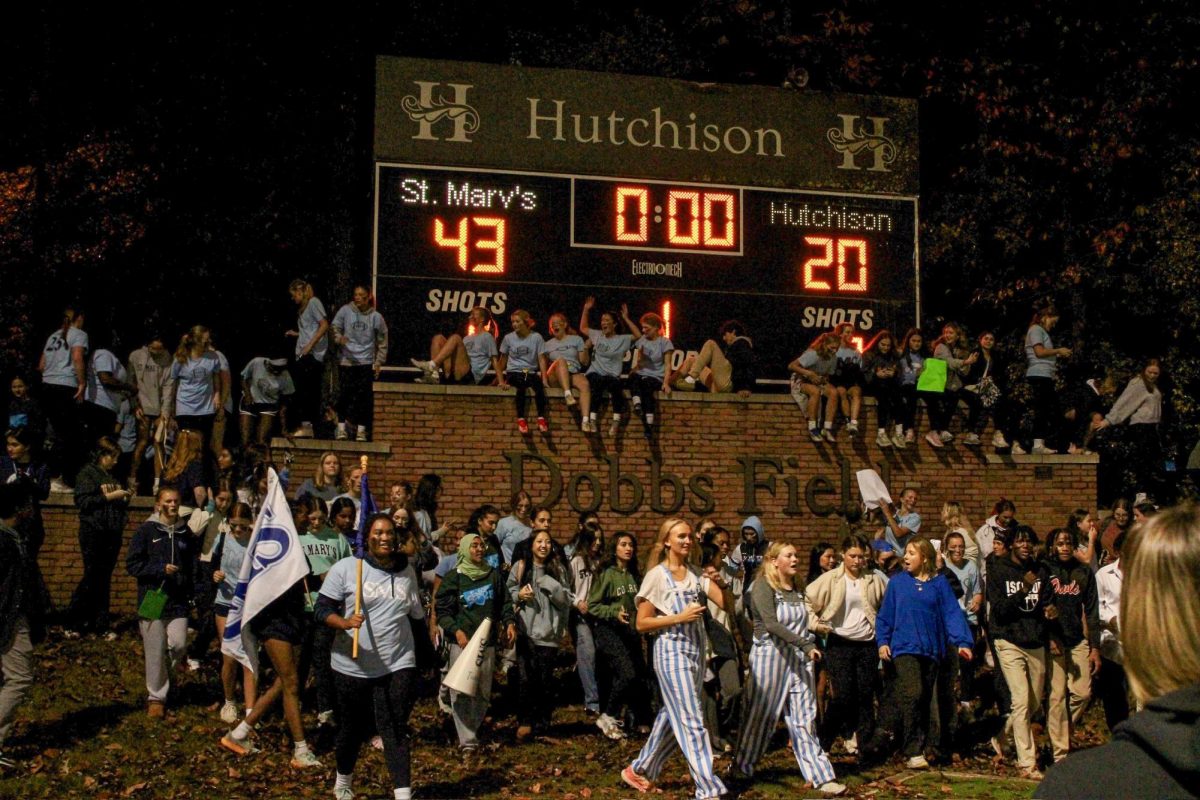
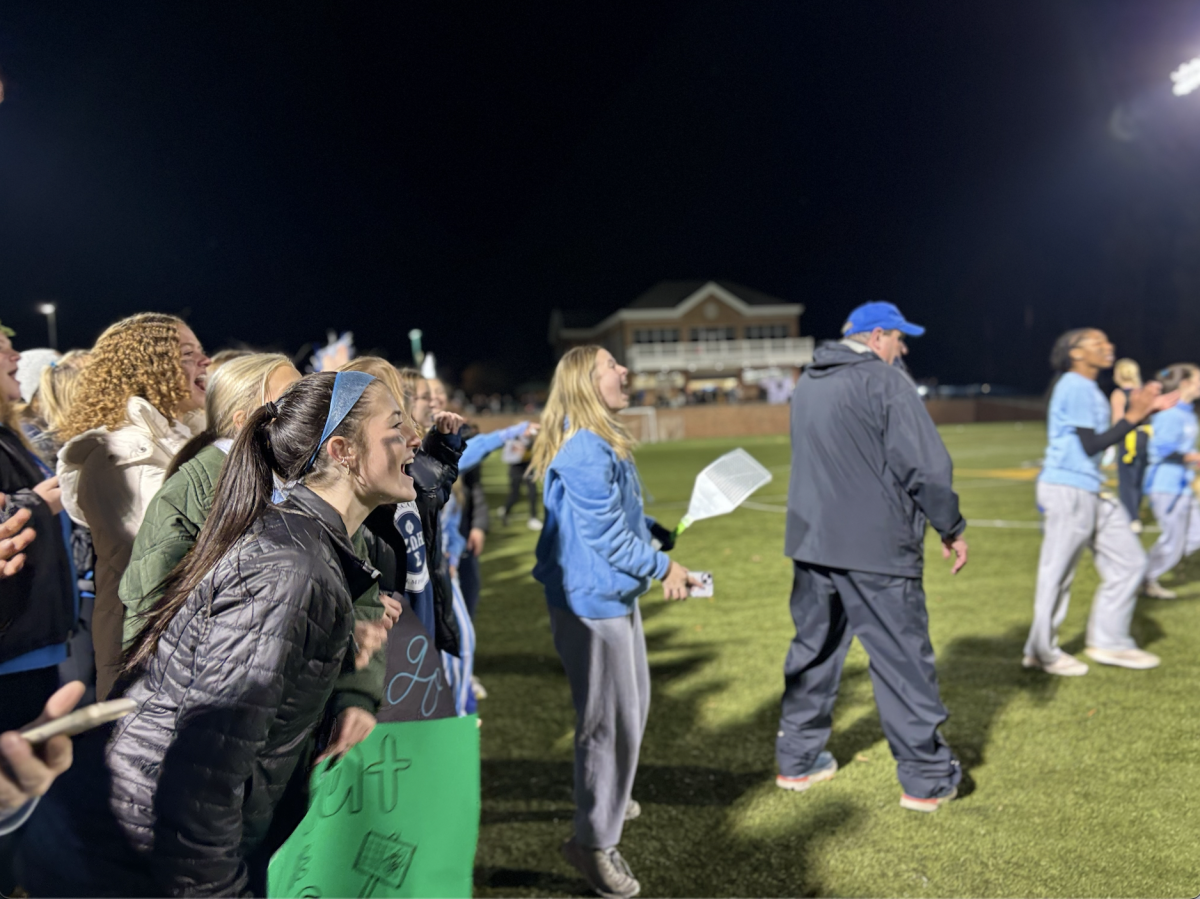
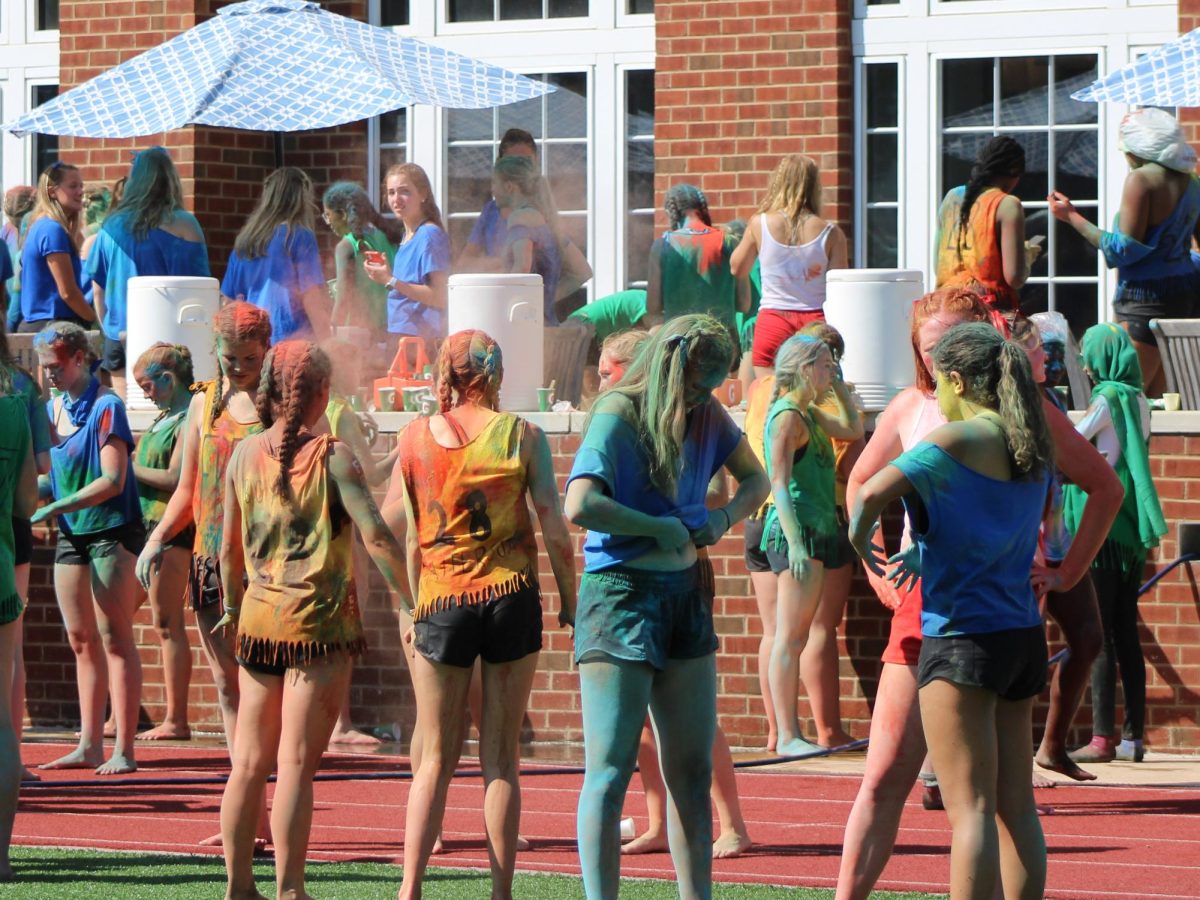
![[GALLERY] Walking in (Downtown) Memphis](https://stmarystatler.org/wp-content/uploads/2024/04/E1DAD3FE-E2CE-486F-8D1D-33D687B1613F_1_105_c.jpeg)
